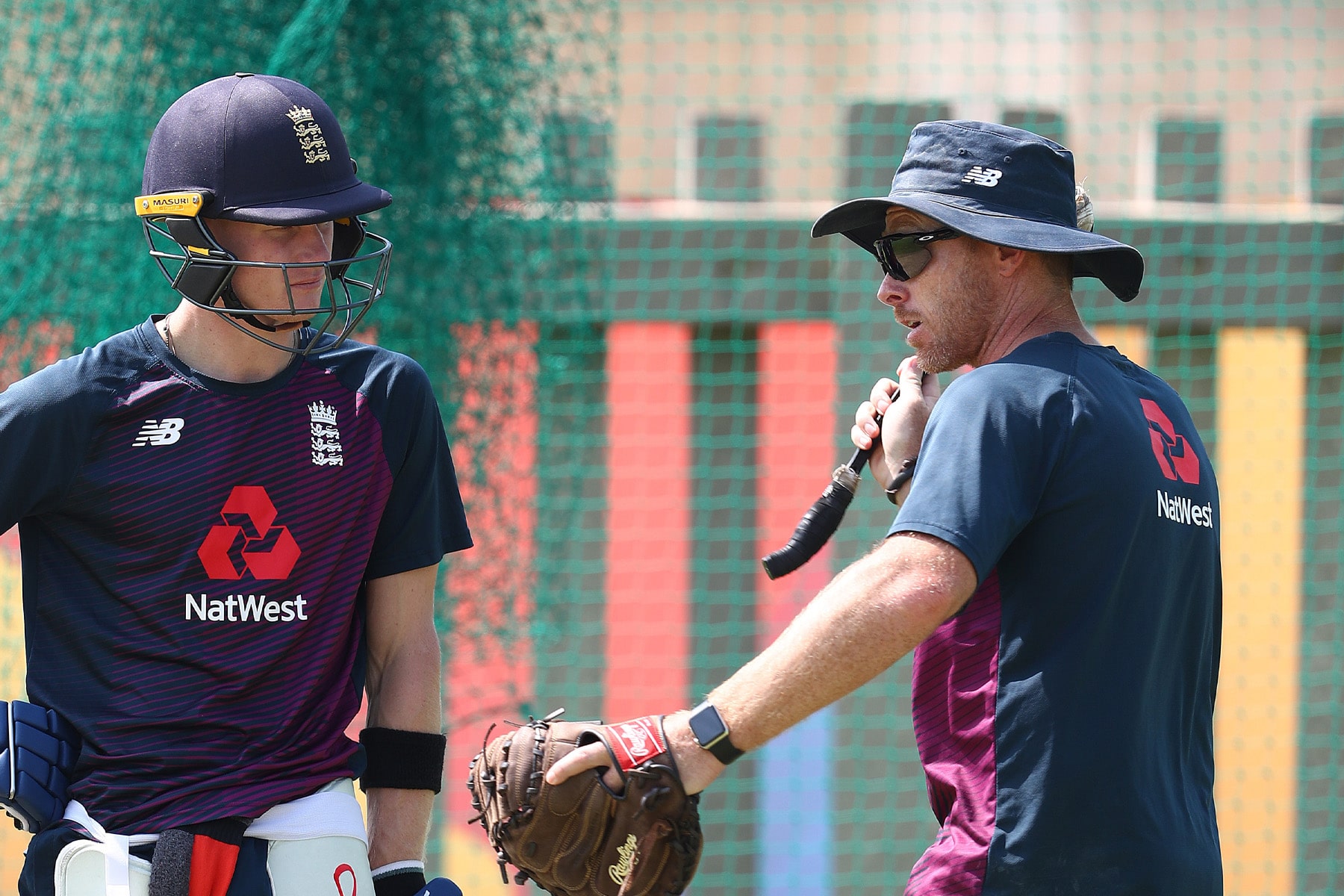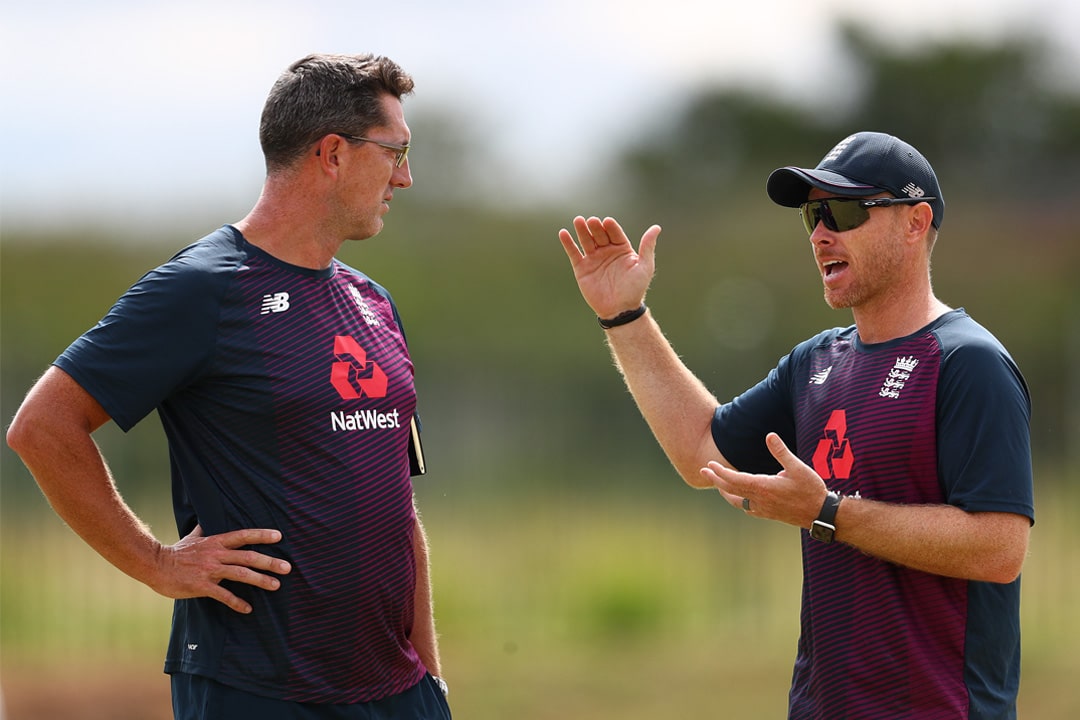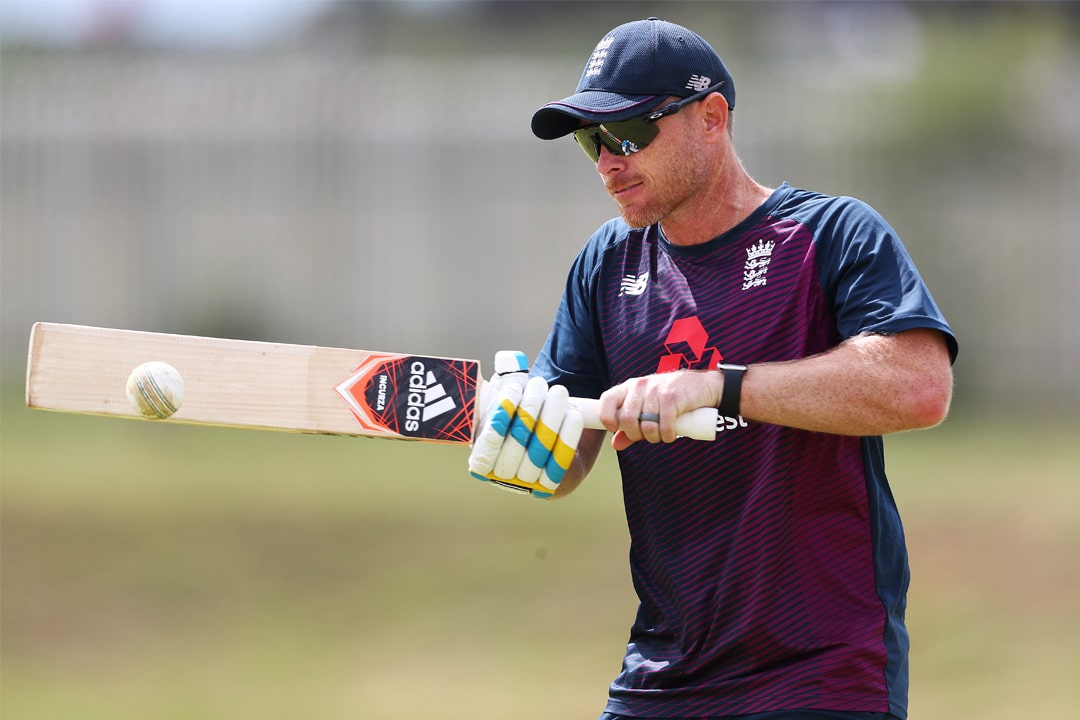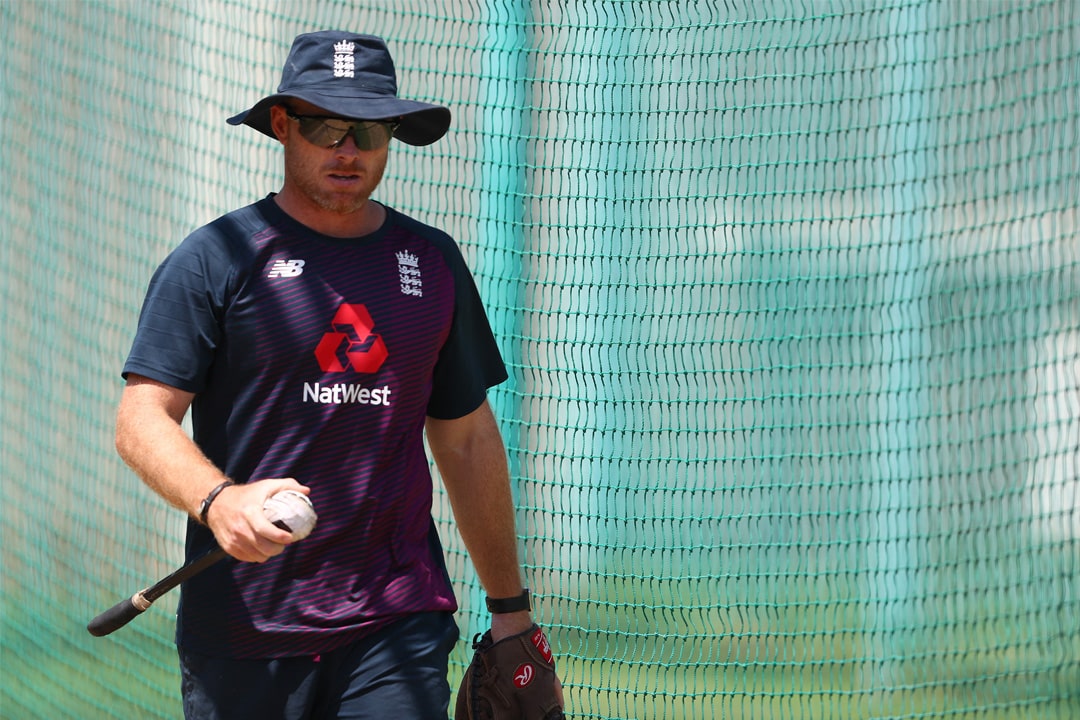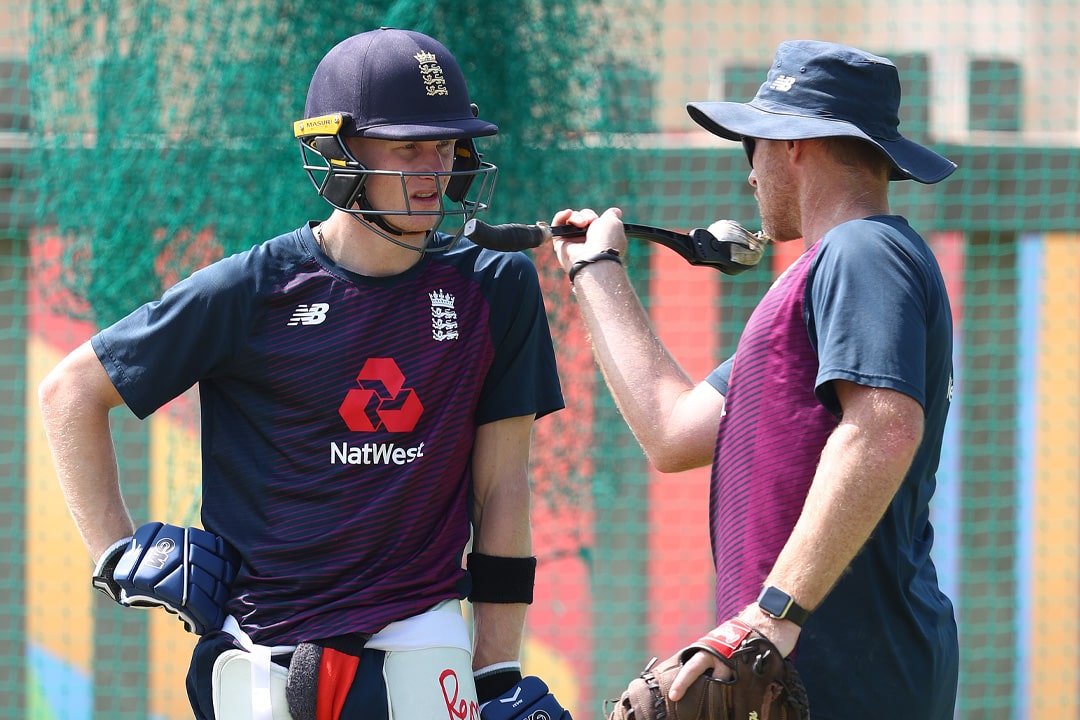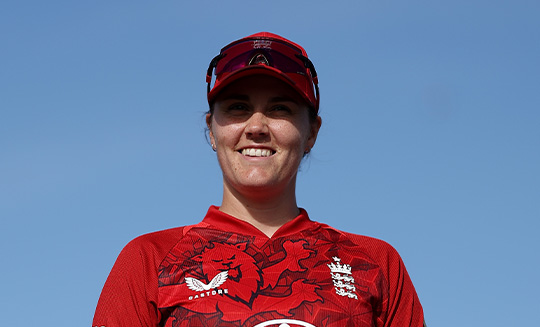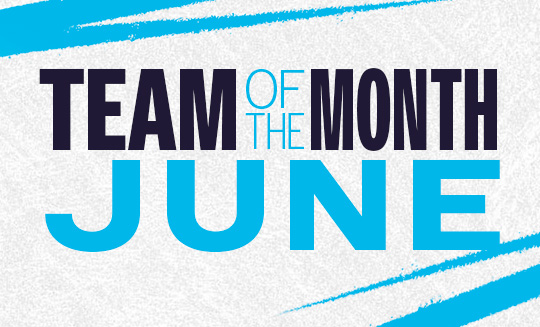PCA PRESS RELEASE
Cricketing legend looks to the future during #UKCoachingWeek2020.
To see more articles, click here
With over 700 professional appearances and 34,000 runs in all formats to his name, a legend of the English game announced his retirement on 5 September.
Whilst cricket lovers across the country are sure to miss the sight of his cover drives, Warwickshire and former England man Ian Bell is hoping to remain in the professional game as a coach moving forwards, and he already harbours ambitions to reach the very top.
To coincide with #UKCoachingWeek2020, a nationwide initiative run by UK Coaching to support the coaching community, the PCA spoke to Bell in an exclusive interview to discuss his retirement, grasping opportunities, his motivations for the future and more…
- Q: How has the response to your retirement been?
- A: It hasn’t fully sunk in yet. It definitely felt like the right decision, particularly since having my operation last year and given all the injuries that I’ve had. It’s got to a point where I can’t play the way I want to play. I’ve certainly given everything I’ve got to the game both for Warwickshire and for England, so it didn’t really feel like a tough decision and I can take a lot of satisfaction from the fact that I have worked as hard as I possibly can. There’s nothing in the tank any more but I’m now just very proud of all of my career achievements at both domestic and international level.
- Q: Did leaving the England set-up help you to prepare for this moment?
- A: Retiring from England duty is the hardest thing I’ve ever had to go through. You just can’t replicate the highs of playing international sport. It was hard and the transition took a fair bit of getting used to. Going back to Warwickshire and giving as much as I could back to the club made the step that little bit easier. Leaving professional sport, however, having been in a Warwickshire shirt since I was 16, is going to be a massive culture shock and change. I don’t expect it to be straightforward or easy, I’m expecting to miss the game an awful lot and have to overcome a few challenges.
- Q: What preparation have you done for life after cricket?
- A: Though there’s nothing concrete at the moment, I’ve got a few options on the table. Last year, when I got injured and was out for the whole season, I gave a lot of thought to what would happen when that day came. I was lucky enough to go for the job interview as the England U19 batting coach and I got it. I thoroughly enjoyed it and that confirmed to me that coaching was the route that I wanted to go down. This winter, I’m hoping to wrap up my Level 3 qualification and then go out and search for experience. It would be really nice to go away with the England U19s again – seeing some of those lads go into domestic cricket this summer has been really satisfying.
- Q: What inspired you to go down the coaching route?
- A: To be honest, I’m pretty ambitious with where I want to go with it. I’d love to be back in the England environment one day coaching the main side – that would be an absolute dream. There’s a lot of things I want to do, but I also really enjoyed working at the other end with the lads who are at the start of their journeys, so I’d like to do a bit of both. Right now feels like a great opportunity to go out and learn. I’d love to spend a lot of time with some really experienced coaches in different parts of the world and grow as much as I can. Being a coach is very much about having 15 or 16 different personalities that you have to try and help. There’s lots of different ways of helping them with their own game and finding out how they can be the best player that they’re going to be.
- Q: How important is it for players to grasp opportunities when they arrive?
- A: Very important. I’ve been very lucky to have had a long England career, but there are always opportunities that you can tick off along the way. Like I said, I’m glad that I did go away with the U19s rather than doing a ‘normal’ winter of rehab and training. It’s good to be a bit proactive – what I did last year was the best thing I could’ve done instead of waiting until my last day or the day before retirement to think about the next chapter. It’s probably the best thing I’ve done, being proactive about it and getting one foot on the ladder already.
- Q: Can you tell us a bit more about your Level 3 qualification?
- A: I tried to finish it off last winter but I had to balance the opportunity that came with finishing off the qualification. In a way, having spoken to various people, getting the opportunity to get on the ground and learn on your feet is probably the most valuable thing. That winter was brilliant, but I’m also definitely looking to finish off my Level 3 when I get the chance and then crack on after that.
- Q: What type of style of coach do you think you will be?
- A: It’s important to find your own style and philosophy about the game. A lot of it is the understanding and building relationships with the players that you work with. You try to take as much pressure as possible off the players that you’re working with if you can, and it’s not about telling players how to play, it’s more understanding the strengths of that player and the other players within the squad. You learn that along the way and you can also learn a lot from the mistakes you make along the way.
- Q: You won’t be just showing players a highlight reel of Ian Bell cover drives then?
- A: We all have different ways of doing things, so I wouldn’t tell players that they have to do things a certain way. There are so many different ways of being successful in the game of cricket. It won’t be me telling people that they have to do things my way, more that I want to help players understand their strengths and how they can do things to the best of their ability. The best players in the world are their own coach and just use the official ‘coaches’ as sounding boards to help them understand their own game as best as they can.
- Q: What makes a good coach?
- A: I think there’s got to be a lot of trust between coaches and players – it certainly goes both ways. A lot of the best players understand their game well so that when they’re under pressure they can deliver their skill. If players are too reliant on coaches then I think that’s a bad thing, the skill is to help a player find the answer for himself. If you’re with younger players, there’s obviously more technical work to be done, but the higher you go up it’s about helping, guiding and taking pressure off players. The best players I played with and against did all their training but when the game came around it was an opportunity to go out and show off. As a coach, you want to get them to that place to go out and perform their best.
